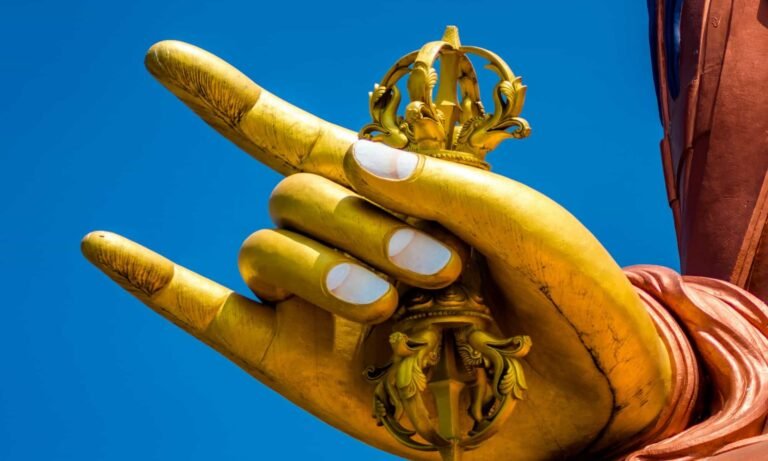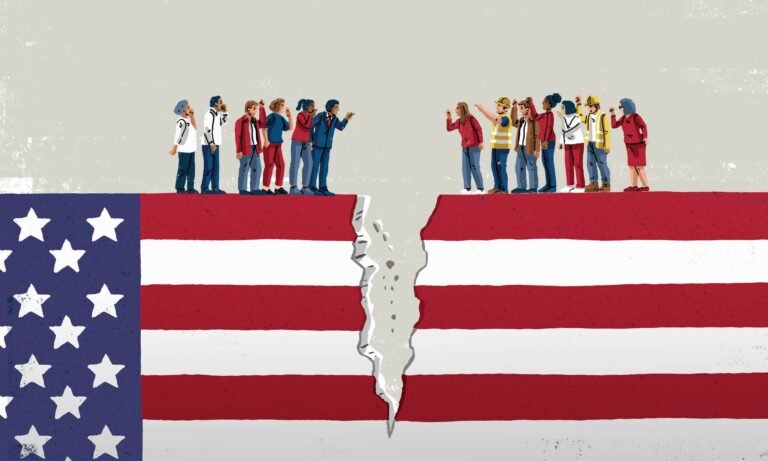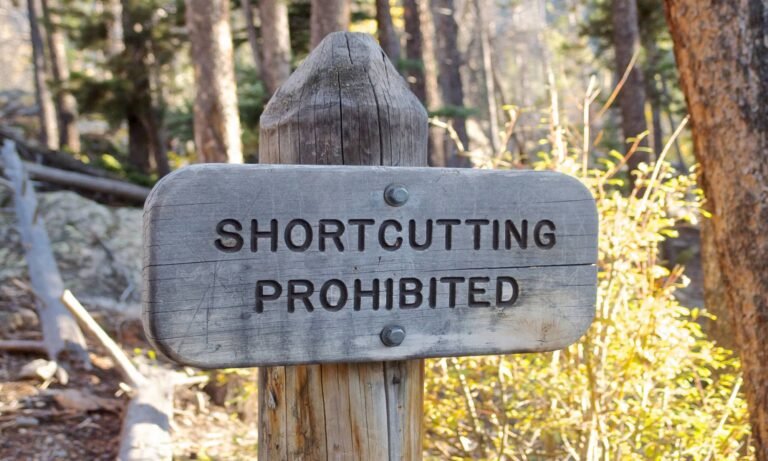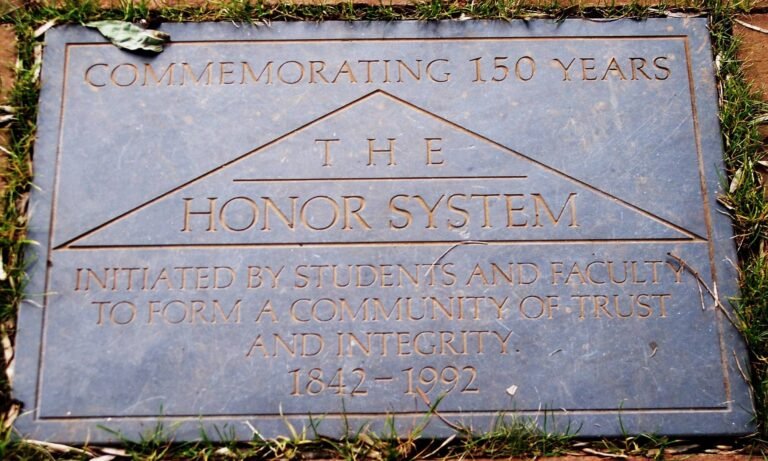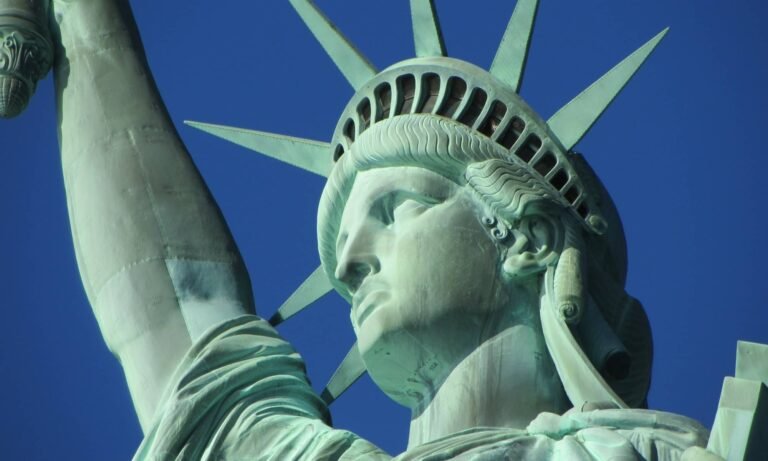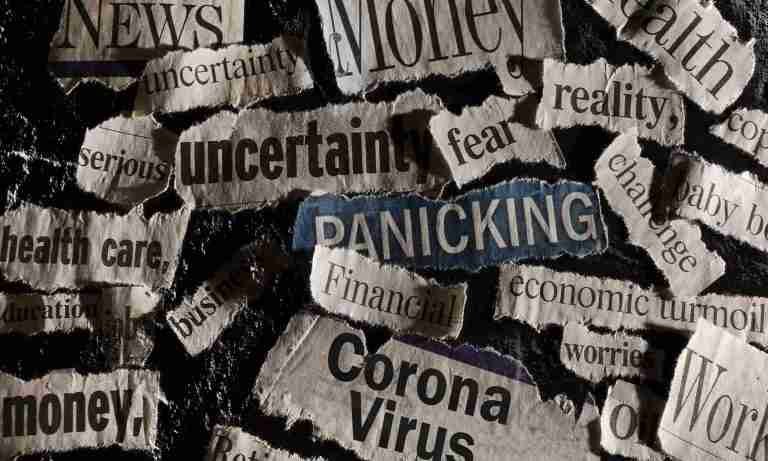Hibakusha
The Legacy of Hibakusha: A Reflection on Resilience and Hope. The term “hibakusha” carries with it a profound weight of history and human resilience. These survivors of the atomic bombings of Hiroshima and Nagasaki are living testimonies to one of the most pivotal and devastating events of the 20th century. The word itself, derived from Japanese, means “person affected by the bomb” or “person affected by exposure [to radioactivity]”. It is a label that encapsulates both suffering and survival, a dual legacy that has shaped not only the lives of those it directly touches but also the collective memory of humanity.
The atomic bombings, which occurred on August 6 and 9, 1945, marked the end of World War II but also the beginning of a new era of warfare and its accompanying horrors. The immediate effects were catastrophic, with an estimated 140,000 people perishing in Hiroshima and 74,000 in Nagasaki by the end of 1945. Yet, beyond these staggering numbers lie individual stories of endurance and the long-term struggles of the hibakusha.
The hibakusha have faced not only the physical aftermath of burns and radiation sickness but also the psychological trauma of loss and the societal stigma that often accompanied their status.
Despite these challenges, they have become powerful advocates for peace and disarmament, ensuring that the world does not forget the consequences of nuclear warfare. Their experiences have fueled anti-nuclear movements and have been a driving force behind the push for a world free of nuclear weapons.
As of March 2024, there were 106,825 recognized hibakusha still alive, mostly in Japan. Their stories and the memories they carry are a stark reminder of the need for continued dialogue and education on nuclear disarmament. The memorials in Hiroshima and Nagasaki, which list the names of those who have passed since the bombings, serve as a poignant tribute to the lives lost and a call to action for future generations.
The hibakusha’s legacy is not one of despair but rather a beacon of hope for a more peaceful future. Their resilience in the face of unimaginable adversity and their dedication to advocacy have inspired countless individuals around the globe. As we reflect on their experiences, we are reminded of the power of the human spirit to overcome, to educate, and to strive for a world where such tragedies are never repeated.
In honoring the hibakusha, we commit ourselves to the pursuit of peace and the prevention of further suffering. Their voices, though born from a dark chapter in history, continue to shine a light on the path towards a brighter, more secure future for all.
Niju Hibakusha
The Echoes of Resilience: The Niju Hibakusha Story. The term “Niju Hibakusha” refers to a unique and profoundly affected group of individuals who survived not one, but both atomic bombings in Hiroshima and Nagasaki during World War II. These double survivors, numbering around 165, embody a narrative of extraordinary resilience and the harrowing cost of war.
Tsutomu Yamaguchi, recognized by the Japanese government as a Niju Hibakusha, is a poignant symbol of this group’s endurance. On August 6, 1945, he was in Hiroshima for work when the first atomic bomb detonated, and he sustained severe injuries. Despite his wounds, he managed to return to his hometown of Nagasaki, only to experience the second bombing just three days later.
The Niju Hibakusha faced not only the immediate physical injuries from the blasts but also long-term health complications due to radiation exposure.
Many suffered from chronic illnesses, increased cancer risks, and the psychological trauma of their experiences. Yet, their struggles did not end with their physical ailments. They also encountered societal discrimination, fueled by misunderstandings about radiation sickness and its hereditary effects. This stigma affected their opportunities for employment and marriage, casting a shadow over their lives even decades after the bombings.
Despite these challenges, the Niju Hibakusha have played a crucial role in advocating for nuclear disarmament and educating future generations about the consequences of nuclear warfare. Their stories are not just reminders of their remarkable survival; they are powerful testimonies to the importance of peace and the human spirit’s capacity to overcome adversity.
As we reflect on their experiences, it is essential to recognize the Niju Hibakusha’s contributions to society and honor their legacy. They remind us of the devastating impact of nuclear weapons and the urgent need to pursue a world free of this threat. Their lives, marked by both tragedy and triumph, continue to inspire and inform our global consciousness, urging us to work towards a future where such suffering is never repeated.
The Niju Hibakusha’s journey is a testament to the indomitable human will and the enduring hope for a better tomorrow. Let us carry their message forward, ensuring that their experiences and the lessons learned are never forgotten.
“I do not know with what weapons World War III will be fought, but World War IV will be fought with sticks and stones.”
– Albert Einstein
Atomic Bombing
The atomic bombings of Hiroshima and Nagasaki in August 1945 stand as a sobering reminder of the devastating power of nuclear weapons and the profound impact they have on humanity. These events marked the first and only use of nuclear weapons in armed conflict, leading to the loss of life of between 150,000 and 246,000 people, most of whom were civilians.
The decision to deploy these weapons was made in the context of World War II, aiming to bring about a swift end to the war with Japan. The bombings were preceded by a significant conventional bombing campaign and came after the Allies’ call for Japan’s unconditional surrender in the Potsdam Declaration. The refusal of the Japanese government to surrender led to the tragic bombings that reshaped history.
The immediate effects of the bombings were catastrophic, with tens of thousands killed in the initial blasts and many more succumbing to injuries and radiation sickness in the following months. The cities of Hiroshima and Nagasaki were largely destroyed, and the survivors, known as hibakusha, faced long-term health effects and the psychological trauma of the events.
These bombings have had a lasting legacy, serving as a catalyst for the disarmament movement and shaping global attitudes towards nuclear weapons. The international community has since worked towards preventing the proliferation of such weapons, recognizing the catastrophic humanitarian consequences of their use.
As we reflect on these historical events, it is crucial to remember the human cost of war and the importance of pursuing peace and diplomacy to resolve conflicts. The stories of the survivors and the memories of those lost continue to remind us of the need for a world free of nuclear weapons.
The Architect of the Bomb
The Pilot who dropped it
What’s More

My Blog (58)
Dependence (5) Fiction (7) Karma (6) Landmarks (4) Paramount (5) Poignancy (5) Spectrum (6) Spotlight (5) Take Off (5) Unique (5) Virtue (5)
Amazing Stuff (9) Beyond Known (8) Controversial (10) Digital World (9) Inequities (8) Innovative (8) Metaphysics (8) Our Society (9) Outer Space (9) Value Creation (9)






